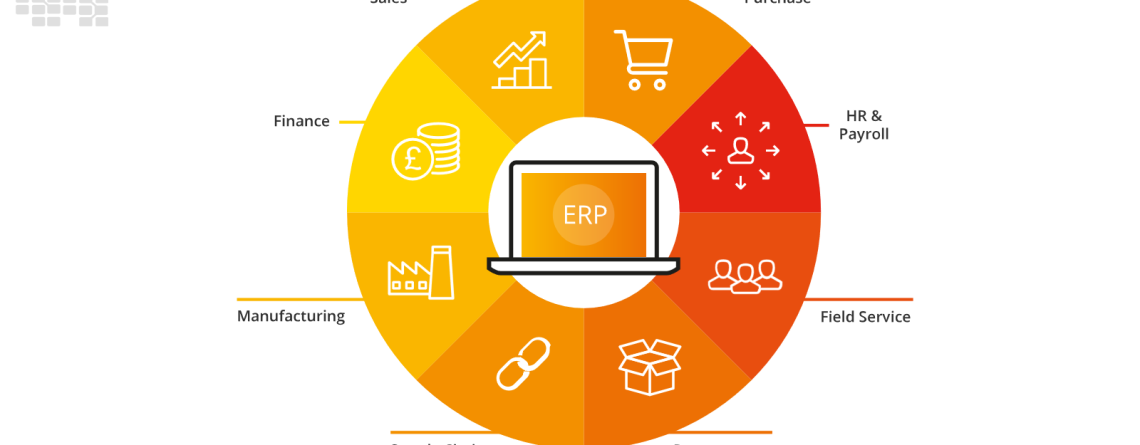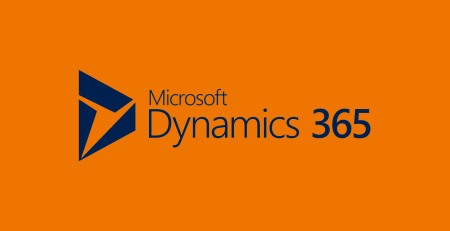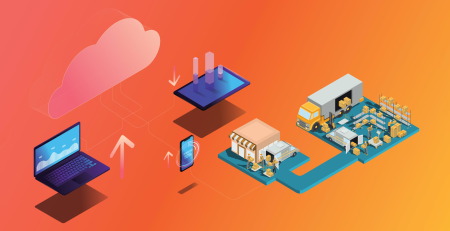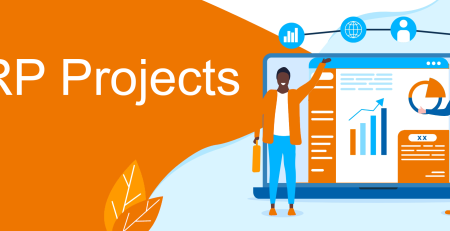Everything You Need To Know About ERP Modules
ERP modules are quite helpful in establishing a high-level perspective of a department. This article contains some of the most popular business modules. As technology advances, many businesses are shifting away from traditional spreadsheets and toward sophisticated, SaaS-based software solutions for data management. The increased use of ERP software is one example of this.
Enterprise resource planning (ERP) systems are centralized software platforms for gathering and organizing business information. They can also automate business processes like payroll, invoicing, and ticketing.
Because information entered into the system is immediately accessible by authorized users, ERP systems improve collaboration by increasing data visibility. This enables businesses to optimize business processes and run custom workflows using real-time data. ERP platforms are highly adaptable.
ERP modules are software components that aid in the execution of specific business processes or operations. They manage data and automate repetitive tasks, allowing administrators and engineers to focus on more complex problems.
Some of the Common ERP Modules That Businesses Use
1. Accounting
ERP systems frequently include an accounting/finance module for managing business finances and the analytics that go with it. It can be used to create payroll, manage ledgers, and handle account receivables.
Finances can also be divided into departments such as HR, administration, and marketing. This tool is frequently used by businesses to construct budgets, profit and loss accounts, and cash flow estimates. This module is also compatible with multi-currency and tax management applications.
2. Inventory Management
Inventories play a significant role in supply chain management (SCM). Companies can use this application to handle administrative activities such as tracking sales orders, processing revenues, and managing inventory profitability. This module can also be used to manage tool acquisitions and inventory control.
Through serial numbers, this module tracks inventory details such as equipment location, condition, and age. It also offers inventory management and inventory performance solutions for several locations.
3. CRM
Customer information such as leads, contact lists, and customer interaction are managed by organizations using customer resource management (CRM) modules. This module allows you to track consumer history and lifetime value.
A contact manager is also included in the CRM module for handling information such as contract term, phone logs, meeting records, and so on. This enables firms to enhance services and increase client retention by utilizing user feedback. CRM dashboards and reports can also be used to understand user/market trends.
CRM modules can also be used to generate customer reports that are segmented. To generate high-quality leads, segmentation can be done based on location, age, or gender. Repeat customer information can also be used by business managers to identify cross-selling opportunities.
4. Human Resources (HR)
The HR module contains information about employees such as their name, salary, job description, designation, and reporting line. This module allows managers to create performance reviews and skill matrices. This is also used by recruiters to manage recruitment data such as job descriptions, designations, and salary ranges.
The HR module also includes a finance component for managing salaries, expense reports, and office reimbursement receipts. It can be used to manage office details like outstanding supplies, vendor records, and so on.
5. E-commerce
Most businesses nowadays use the internet to sell their products. This module assists them in managing their B2B and B2C product offerings by dealing with customer interaction, taxation, and marketing. This module can also be used by businesses for inventory/warehouse tracking, content management, and UX customization.
6. Marketing Automation
This dedicated marketing automation module enables businesses to create omnichannel marketing campaigns (email, web, social media). It can also be used for SEO, SMO, and the construction of email autoresponder sequences.
Marketing managers can also use this to track ROI and nurture leads. You can also use this module to contact marketing influencers, journalists, and bloggers for next-generation lead generation and content marketing.
Most Common ERP Platforms on the Market
Sage X3
Sage is an excellent ERP solution for managing various elements of your organisation, including finance, project management, ERM, and distribution.
It tracks your supply chain in real time and allows you to track and monitor inventory. Its SCM features can also be used for mass maintenance, change management, and equipment quality analysis. Businesses can also utilize its BOM planning features to manage contractor bills and memoranda.
Administrators and executives can view finance and ledger details in Sage X3, which is useful for transaction management, budgeting, and financial reporting. It also includes project management features such as labor time, direct and indirect labor tracking, attendance management, and so on. It can also be used by employees to record shift breaks and leaves.
SAP ERP
SAP S/4 SAP’s flagship ERP system, Hana cloud, enables customers to handle various company activities such as finance, production, customer service, and product creation. It can also be used by company executives to handle R&D and dangerous items.
This platform for software product development provides a 360-degree perspective of the project, which firms may utilize to optimize model creation and boost project agility.
This application provides excellent inventory management features for tracking installed equipment and managing service contracts. Using the operations dashboards, you can automate billing and analyze profitability trends. This tool also enables vendors to provide multichannel customer support for comprehensive customer service and end-to-end service management.
Microsoft Dynamics ERP
Microsoft offers a comprehensive set of ERP capabilities for small and medium-sized organisations. Dynamics 365 Business Central is an all-in-one ERP solution aimed at small businesses. It features modules for finance, supply chain management, inventory tracking, and project management.
Dynamics Sales is a Microsoft ERP module designed to handle both B2C and B2B sales. It gives artificial intelligence-driven insights for inbound prospects, allowing marketing managers to filter opportunities.
Administrators can use the Dynamics 365 Supply Chain Management module to manage inventory and create service requests for hardware parts. Sales associates can keep onsite visit records for support and maintenance using Dynamics 365 for Field Service.
Why Should Your Business Use ERP?
ERP systems facilitate cross-departmental data sharing by establishing a consolidated data repository. They improve visibility and optimize corporate processes in areas such as manufacturing, CRM, inventory, and finance.
Many software solution providers allow you to customize your own ERP platform. You can choose which modules to integrate into your platform and only pay for those that you use. This makes ERP platforms cost-effective and efficient solutions to data-sharing issues.








Comment (1)
This post is a veritable gold mine of knowledge on ERP modules! I was really interested in simplifying corporate operations, so I really like how the common modules—accounting, inventory management, CRM, and HR—were broken down. For companies considering their options, the inclusion of practical examples and insights into well-known ERP solutions like Sage X3, SAP ERP, and Microsoft Dynamics ERP is quite valuable. The article’s emphasis on the flexibility and effectiveness of ERP systems in promoting cross-departmental data exchange and process improvement is what I find most compelling. It’s evident that, in the current competitive environment, investing in ERP technology is a smart step toward long-term success rather than merely following a fad.